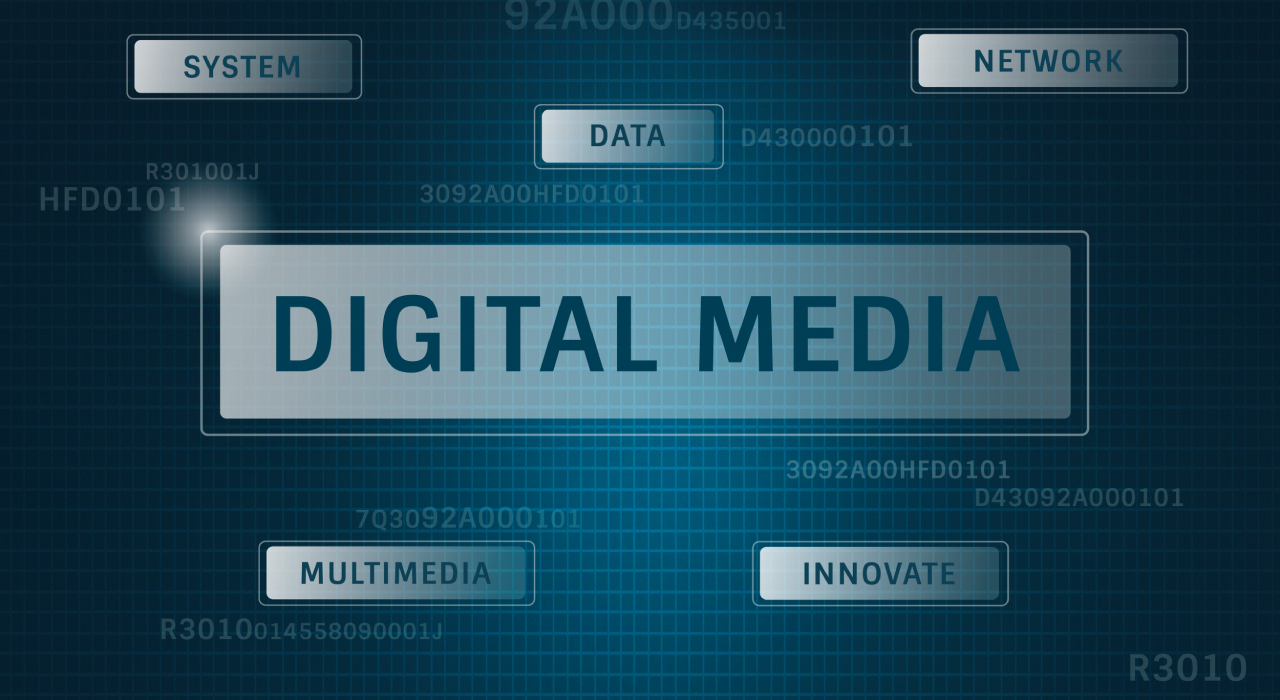
How AI-Generated Content is Changing Digital Marketing
The digital marketing landscape is evolving rapidly, and AI Content in Digital Marketing is at the forefront of this transformation. With artificial intelligence revolutionizing content creation, businesses can now produce engaging and data-driven content at scale. Moreover, AI-driven solutions help marketers optimize strategies, personalize user experiences, and streamline workflow efficiency.
In this blog, we will explore how AI-Driven Digital Marketing is reshaping the industry. From automated content generation to enhanced SEO strategies, AI is setting new standards for content marketing.
The Role of AI Content in Digital Marketing
AI has transformed traditional marketing approaches by enabling faster and smarter content creation. Instead of manually researching, writing, and optimizing content, AI-powered tools generate high-quality content in minutes. Additionally, businesses leveraging AI Content in Digital Marketing can maintain consistency, improve audience engagement, and maximize conversions.
Some key benefits of AI-generated content include:
Faster content production – As a result, AI quickly creates blog posts, social media captions, and product descriptions within seconds.
Improved accuracy – Moreover, AI-driven tools analyze user behavior and effectively tailor content to meet specific audience needs.
Enhanced personalization – Consequently, AI enables brands to create highly personalized marketing campaigns for different customer segments.
SEO optimization – In addition, AI enhances search engine rankings by suggesting relevant keywords and structuring content more effectively.
How AI-Driven Digital Marketing Improves Content Strategy
With AI, businesses can optimize their digital marketing efforts in several ways. First, AI automates repetitive tasks, allowing marketers to focus on strategic planning. Second, AI-powered analytics help brands understand customer preferences, improving content relevance. Third, AI tools provide data-driven insights, ensuring that content aligns with user intent.
Key AI Tools for Content Marketing
Several AI tools are revolutionizing AI Content in Digital Marketing by streamlining content creation and optimization:
ChatGPT & Jasper – Generate high-quality blog posts, emails, and website copy.
SurferSEO & Clearscope – Optimize content for search engines based on keyword analysis.
Grammarly & Hemingway Editor – Improve grammar, readability, and overall content quality.
Canva & Lumen5 – Create AI-powered visuals and videos for digital marketing campaigns.
By integrating these AI tools, businesses can maintain content consistency, boost audience engagement, and improve search rankings.
AI and Personalized Content Marketing
Personalization is a key factor in successful digital marketing, and AI makes it more efficient. Unlike traditional methods, AI-powered personalization delivers real-time, data-driven content tailored to individual users. Additionally, AI helps businesses analyze browsing behavior, purchase history, and engagement metrics to create highly relevant recommendations.
For example, e-commerce platforms use AI Content in Digital Marketing to suggest products based on user interests. Similarly, email marketing tools utilize AI to personalize subject lines and email content, leading to higher open and conversion rates.
Enhancing SEO with AI-Generated Content
Search engine optimization (SEO) is crucial for digital marketing success, and AI enhances SEO strategies significantly. AI-powered tools analyze search trends, competitor data, and keyword performance to optimize content for higher rankings.
How AI-Driven Digital Marketing Enhances SEO
Keyword Research – AI tools suggest high-ranking keywords based on search trends and user intent.
Content Structuring – AI ensures proper formatting, headings, and metadata for better search visibility.
Voice Search Optimization – AI optimizes content for voice queries, improving accessibility and user experience.
Automated SEO Audits – AI detects SEO issues like broken links, duplicate content, and missing alt texts.
By leveraging AI for SEO, businesses can improve content visibility, attract organic traffic, and increase engagement.

The Ethical Concerns of AI-Generated Content
Despite its advantages, AI-generated content raises ethical concerns in digital marketing. One major issue is authenticity—since AI lacks human emotions, some content may appear robotic or impersonal. Additionally, AI may generate misinformation if not properly monitored.
To address these concerns, marketers should:
Use AI as a content assistant rather than a complete replacement.
Fact-check AI-generated content to ensure accuracy.
Maintain a human touch by adding creativity and personal insights.
By balancing AI automation with human expertise, businesses can create engaging and credible content.
Future of AI-Generated Content in Digital Marketing
As AI technology continues to advance, its impact on digital marketing will grow stronger. AI will further enhance content automation, user personalization, and predictive analytics. Moreover, brands that embrace AI Content in Digital Marketing will gain a competitive edge in delivering high-quality, data-driven content.
However, marketers must stay updated with AI trends, ensuring responsible and ethical use of AI-generated content. By combining AI capabilities with human creativity, businesses can build stronger digital marketing strategies for long-term success.
Conclusion
AI is revolutionizing content marketing by making it faster, smarter, and more efficient. With AI-Driven Digital Marketing, businesses can automate content creation, improve SEO, and deliver personalized experiences. However, while AI offers numerous advantages, human oversight remains essential to maintaining authenticity and quality.
By strategically integrating AI Content in Digital Marketing, businesses can enhance customer engagement, increase conversions, and stay ahead of the competition. As AI continues to evolve, adapting to these advancements will be key to long-term success in the digital marketing landscape.



